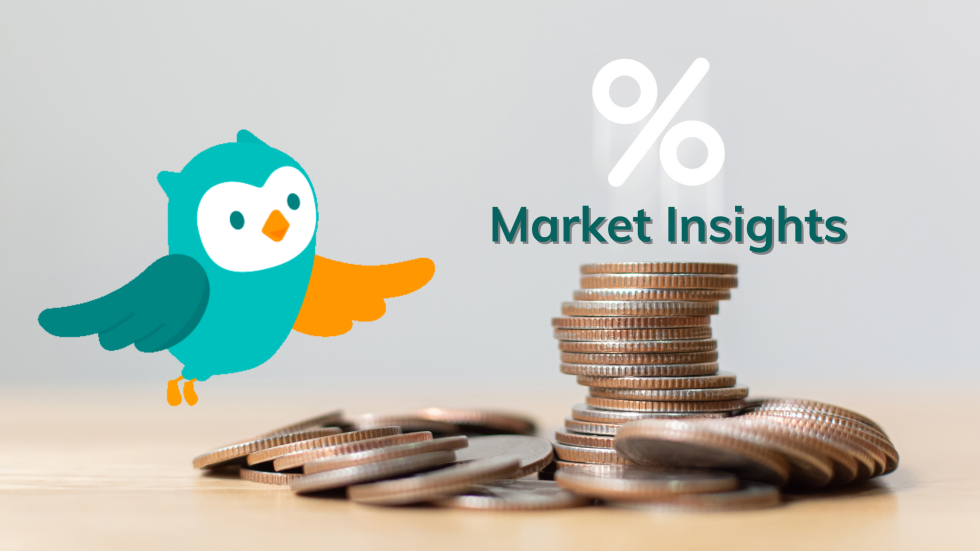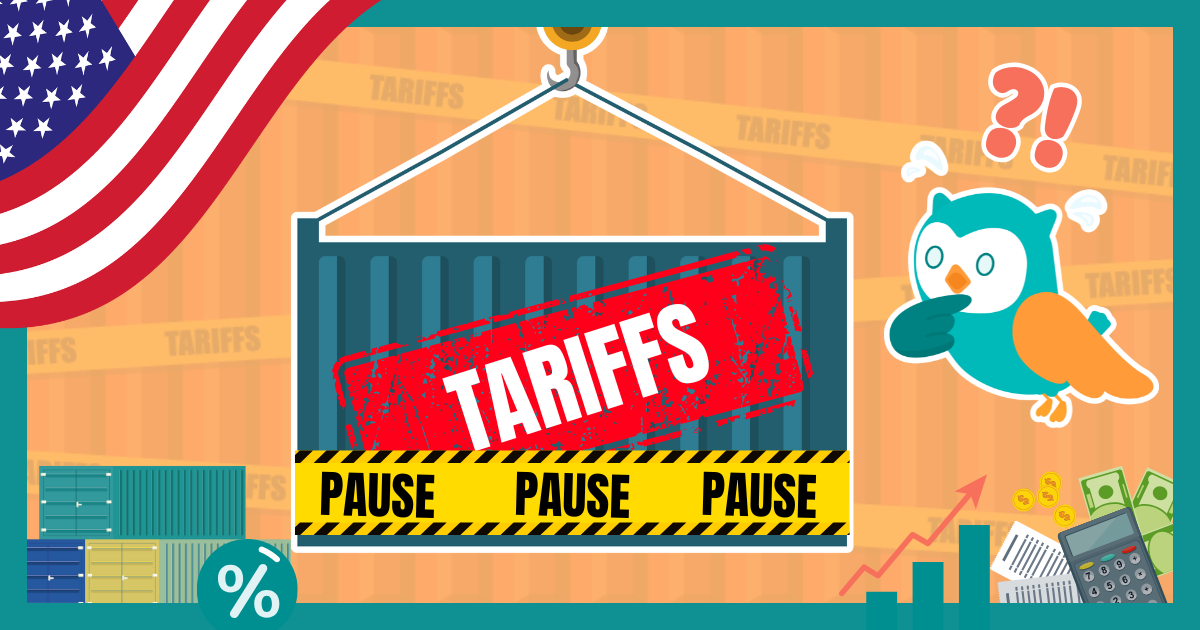Note: It was announced in November 2023 that MoneyOwl will be acquired by Temasek Trust to serve communities under a re-purposed model, and will move away from direct sale of financial products. The article is retained with original information relevant as at the date of the article only, and any mention of products or promotions is retained for reference purposes only.
______________
In this week’s market insights, our investment team shares tips on how you can stay calm and confident in your investment strategy even as you’re surrounded by doomsayers.
(27 June 2022 – 1 July 2022)
Equities couldn’t maintain their positive momentum from the previous week’s rally. The S&P 500 fell 2.19% while the MSCI World Index fell 2.27%, MoneyOwl’s 100% equity portfolio was relatively resilient, falling by 1.13%. For global equities, it was the 11th negative weekly result out of the past 13. As June concluded, the S&P 500’s was down 21.0% from the start of the year, marking the index’s worst first-half performance of any year since 1970.
A transformed investment view
Market crises tend to evoke the worst in an investor. Equities and bonds are down more than double digits in the red. Global inflation is persistent, global central banks are raising interest rates and there is an increasing fear of a recession in the global economy. Seeing all the recent headlines about the downturn in the markets has transported us back to February 2009 when the stock market was down around 50% from its high during the Global Financial Crisis and everyone seemed to feel like the sky was falling.
Markets have always gone up and down in ways no one could predict, and you couldn’t trust those folks who said that they could anticipate what was going to happen. Thirteen years later, the stock markets have rebounded, and nothing has changed about market movements. It is still going up and down in an unpredictable manner but what has changed in our opinion is a different way to think about investing. It is right not to trust those people who thought they could predict what was going to happen in the markets, but It is wrong in thinking that there was nothing to do, any investors can have a great investment experience if they just accept a few simple truths.
We have to understand the uncertainty of the market. The stock market, as measured by the S&P 500 Index, has returned about 10% per year over the last 90 years, but there are very few individual years in which it has ever actually returned that amount. In fact, how many of those 90 years do you think the S&P 500 was up more than 20% or down more than 20% for that year? The answer is 40 years. Astounding, right?
In order to be a long-term investor, you need to have a long time horizon. This can be hard to remember when you’re surrounded by external noise, but if you can stay strong, the results are stunning. Over time, you’ll learn to look at stock market returns in terms of decades – not years, months, days, or hours. You would also understand that so many of those articles and cable news pieces are just noise, designed to keep an audience obsessed and unsettled.
Investing should not be purely about investment returns, which hopefully are good. The return you should be getting is also about how you feel every day. Do you worry less – not just about the future, but also about the present? While we know there are no guarantees when it comes to investing, our outlook is now totally different. The markets haven’t changed; they still go up and down. The difference is that our emotions no longer fluctuate with the market movements.
For those of us who still have worries about investing, it may be helpful to engage a financial advisor. This person should be a qualified professional who can offer advice on the ideal asset allocation, but also help you work through how you feel about investing and what exactly you could do to change your perspective.
Recession fears
A report on the US manufacturing survey added to concerns that rising interest rates could push the US economy into a recession. The Institute for Supply Management’s manufacturing gauge fell more than expected in May, and one component of Friday’s report that tracks manufacturing orders and employment slipped below 50 – a level that suggests economic activity is contracting rather than growing.
Bitcoin’s stumble
Selling pressure continued to weigh on cryptocurrencies, as the value of Bitcoin fell below $20,000 on Thursday and remained below that threshold on Friday. The world’s largest cryptocurrency by market capitalisation was down from a record high of more than $65,000 in November 2021.
Euro inflation
The annual inflation rate in the eurozone climbed to 8.6%, the highest level recorded since the creation of the euro currency in 1999. Data released on Friday by Eurostat, the European Union’s statistics agency, showed that nearly half of the 19 countries in the eurozone now have double-digit annual inflation, in part due to high energy prices.
Covid Zero remains
China reduced quarantine times for inbound travellers by half, the biggest shift yet in a Covid-19 policy that has left the world’s second-largest economy isolated as it continues to try and eliminate the virus. The relaxation of China’s travel quarantine rules this week buoyed markets with traders taking it as a sign it was the beginning of the end for the nation’s Covid Zero policy. However, President Xi Jinping declared Covid Zero the most “economic and effective” policy for China during a symbolic visit to Wuhan on Wednesday and stated that China would rather endure some temporary impact on economic development than let the virus hurt people’s safety and health.
Read more Market Insights here.
Disclaimer: While every reasonable care is taken to ensure the accuracy of information provided, no responsibility can be accepted for any loss or inconvenience caused by any error or omission. The information and opinions expressed herein are made in good faith and are based on sources believed to be reliable but no representation or warranty, express or implied, is made as to their accuracy, completeness or correctness. Expressions of opinions or estimates should neither be relied upon nor used in any way as an indication of the future performance of any financial products, as prices of assets and currencies may go down as well as up and past performance should not be taken as an indication of future performance. The author and publisher shall have no liability for any loss or expense whatsoever relating to investment decisions made by the reader.




